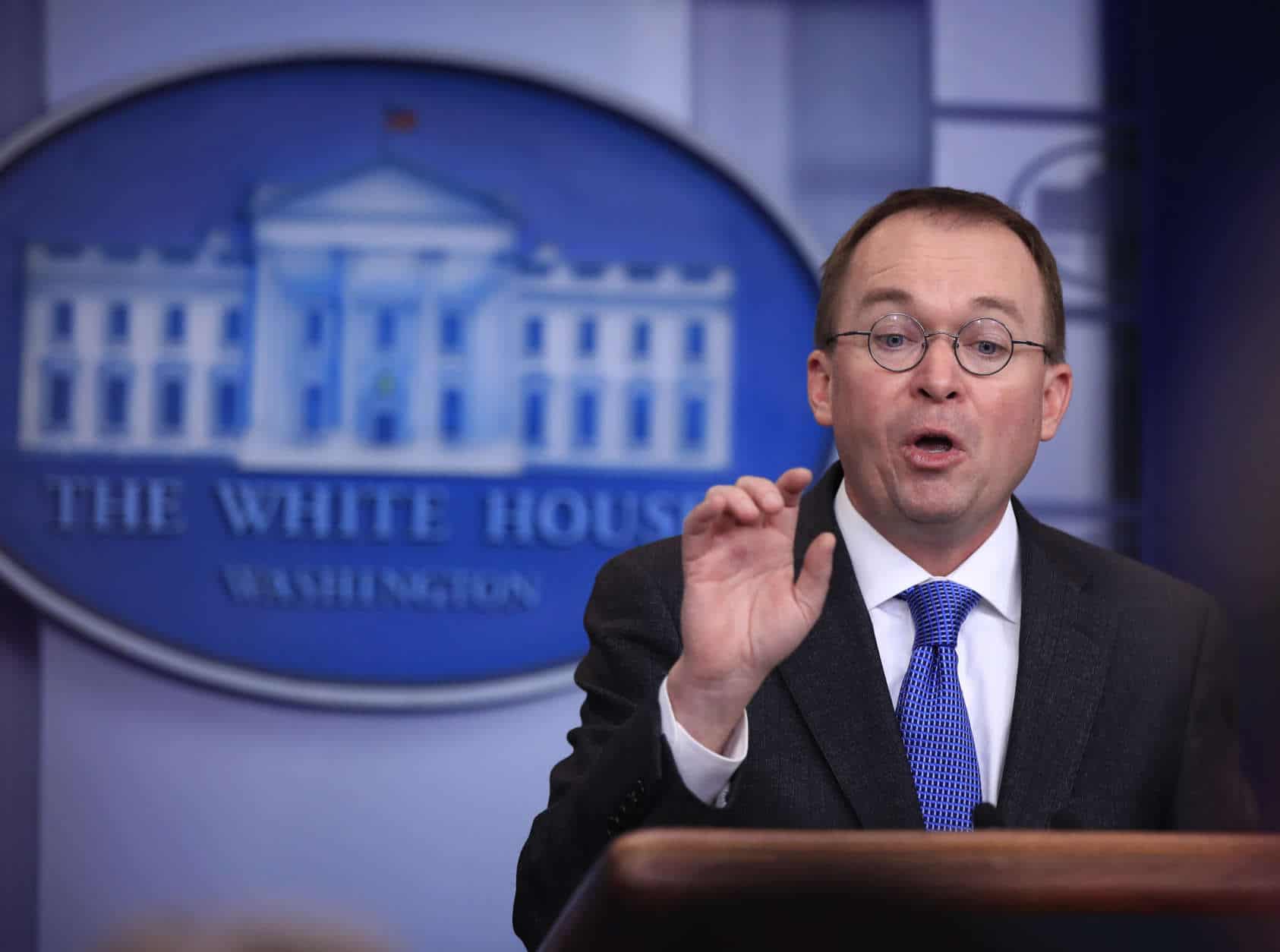
3 things to know about the TSP this year
For the first time, total assets in the Thrift Savings Plan's C fund matched total assets in the G fund.

3. G fund is a familiar target
Once again, the TSP is a potential target for the Trump administration. The president’s fiscal 2019 budget request proposed reducing the interest rate for the plan’s G fund.
“G Fund investors currently benefit from receiving a medium-term rate of return on what is essentially a short-term security,” the 2019 proposal said. “Basing the yield on a short-term T-bill rate instead of the current rate (an average of medium and long term Treasury bond rates) would reduce both the projected rate of return to investors and the cost of the fund to the Treasury.”
Klingler said this proposal has more of his clients concerned than some of the administration’s other recommendations, such as eliminating the cost-of-living-adjustment for participants in the Federal Employee Retirement System (FERS) or getting rid of the Social Security supplement for employees under age 62.
“Most of the negative consequences to federal benefits did not happen for this year,” Klingler said. “Because of that, it’s created a bit of a watered down effect where people think, ‘It didn’t happen last time; it probably won’t happen this time.'”
The president’s budget request, after all, is a merely a proposal, and it represents the Trump administration’s current philosophy.
Kim Weaver, director of external affairs for the FRTIB, said she’s watching closely to see where the president’s federal retirement proposals may land — if anywhere. Since Congress already passed a two-year budget deal that sets spending caps for the next two years, it’s still unclear if Congress will develop a budget resolution.
The House used last year’s budget resolution to propose billions of dollars in cuts to the federal retirement system, but Congress never adopted the House resolution.
Even with another year of uncertainty, Klingler advises federal employees and retirees to control what they can.
“You do not want to retire neck deep in debt,” he said. “If something were to happen, it makes you a lot less flexible in how you can help spend your money. Retiring with large assets that you focus on growing now and [having] less debt is really going to put you in a place where you’re going to be comfortable. If none of these changes happen, that’s great. It’ll actually set you up for a better retirement.”
Copyright © 2025 Federal News Network. All rights reserved. This website is not intended for users located within the European Economic Area.
Nicole Ogrysko is a reporter for Federal News Network focusing on the federal workforce and federal pay and benefits.
Follow @nogryskoWFED
Related Stories





